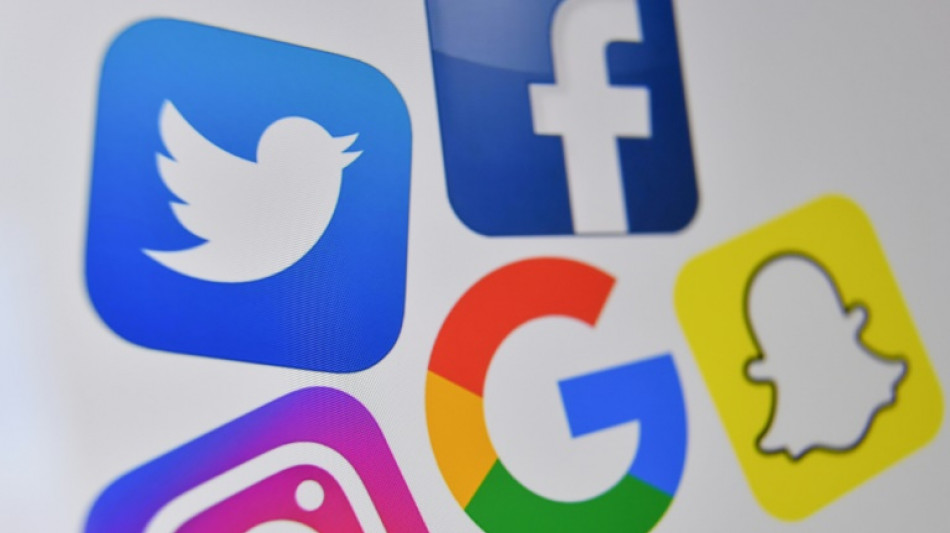
| RBGPF | 1.33% | 61 | $ | |
| RELX | 0.51% | 46.81 | $ | |
| NGG | -0.68% | 62.83 | $ | |
| VOD | -0.56% | 8.86 | $ | |
| CMSD | -0.61% | 24.43 | $ | |
| RIO | -1.53% | 62.03 | $ | |
| SCS | -1.33% | 13.54 | $ | |
| CMSC | -0.65% | 24.57 | $ | |
| BCE | -1.46% | 26.63 | $ | |
| RYCEF | 0.44% | 6.8 | $ | |
| BCC | -2.76% | 148.41 | $ | |
| JRI | -0.98% | 13.24 | $ | |
| GSK | -0.38% | 34.02 | $ | |
| BTI | 1.01% | 37.71 | $ | |
| BP | -1.24% | 28.96 | $ | |
| AZN | -0.06% | 66.36 | $ |

US Supreme Court examines govt efforts to curb online misinformation
The US Supreme Court was hearing arguments on Monday in a social media case involving free speech rights and government efforts to curb misinformation online.
The case stems from a lawsuit brought by the Republican attorneys general of Louisiana and Missouri, who allege that government officials went too far in their efforts to get platforms to combat vaccine and election misinformation.
A lower court last year restricted some top officials and agencies of President Joe Biden's administration from meeting and communicating with social media companies to moderate their content.
The ruling was a win for conservative advocates who allege that the government pressured or colluded with platforms such as Facebook and Twitter to censor right-leaning content under the guise of fighting misinformation.
The order applied to a slew of agencies such as the Federal Bureau of Investigation, the State Department and Justice Department as well as the Centers for Disease Control and Prevention.
The decision restricted agencies and officials from meeting with social media companies or flagging posts containing "free speech" protected under the First Amendment to the Constitution.
Louisiana Attorney General Jeff Landry hailed the "historic injunction" at the time, saying it would prevent the Biden administration from "censoring the core political speech of ordinary Americans" on social media.
He accused federal officials of seeking to "dictate what Americans can and cannot say on Facebook, Twitter, YouTube, and other platforms about COVID-19, elections, criticism of the government, and more."
The order could seriously limit top government agencies from notifying the platforms about false or hateful content that can lead to harmful consequences.
But the ruling said that the government could still inform them about posts involving criminal activity, national security threats and foreign attempts to influence elections.
In addition to communications with social media companies, the ruling also restricted agencies from "collaborating, coordinating, partnering" with groups such as the Election Integrity Partnership, a coalition of research institutions that tackle election-related falsehoods.
Some experts in misinformation and First Amendment law criticized the ruling, saying authorities needed to strike a balance between calling out falsehoods and veering towards censorship or curbing free speech.
L.Sabbadin--IM



